来源:小编 更新:2024-10-25 07:05:44
用手机看

Game translation is an art form that goes beyond mere language conversion. It's about preserving the essence of a game's culture, story, and gameplay while making it accessible to players from different linguistic backgrounds. This article delves into the intricacies of game translation, its importance, and the challenges faced by translators in the gaming industry.
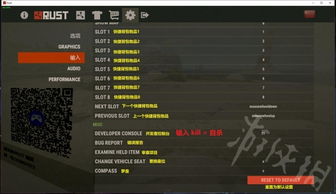
Accurate game translation is crucial for several reasons. Firstly, it ensures that players from non-native language backgrounds can fully immerse themselves in the game's world and narrative. Secondly, it helps in promoting cultural exchange and understanding, as games often reflect the cultural values and traditions of their origin. Lastly, a well-translated game can significantly boost its global appeal and sales.
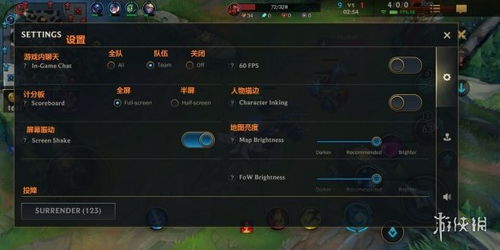
Game translation is not without its challenges. Translators must navigate through various linguistic, cultural, and technical hurdles. Some of the common challenges include:
Linguistic Differences: Translators must find equivalent expressions in the target language that convey the same meaning and tone as the original text.
Cultural Nuances: Certain cultural references, idioms, or humor may not translate well and require creative solutions.
Technical Constraints: Translators must ensure that their translations fit within the game's interface, such as buttons, menus, and dialogue boxes.
Gameplay Integrity: Translators must maintain the game's balance and flow without altering the player's experience.
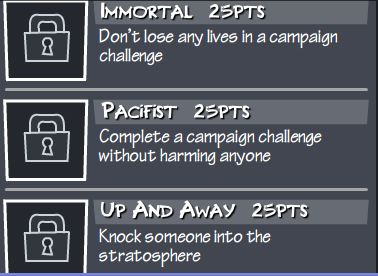
Effective game translation requires a combination of skills and strategies. Here are some key approaches:
Localization: Adapting the game's content to suit the target culture, including language, humor, and references.
Collaboration: Working closely with game developers, designers, and other stakeholders to ensure a cohesive and accurate translation.
Use of Technology: Leveraging translation tools and software to streamline the process and maintain consistency.
Quality Assurance: Conducting thorough testing to ensure that the translation is accurate, culturally appropriate, and technically sound.
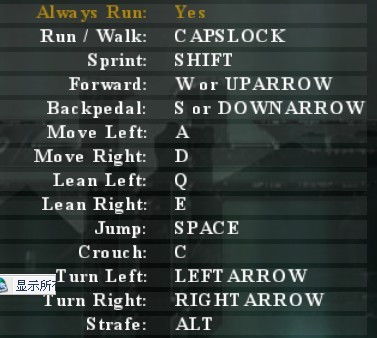
Cultural considerations play a vital role in game translation. Translators must be aware of the following aspects:
Language: Adapting the language to suit the target audience, including dialects, slang, and idiomatic expressions.
Values and Beliefs: Ensuring that the game's content aligns with the target culture's values and beliefs.
Visuals and Audio: Adapting the game's visuals and audio to reflect the target culture, such as using appropriate characters, symbols, and music.
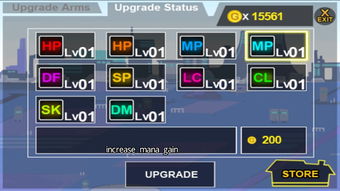
Game translation has a significant impact on a game's global success. A well-translated game can:
Expand the game's audience: By making the game accessible to players from different linguistic backgrounds.
Enhance the player's experience: By ensuring that the game's narrative and gameplay are fully understood and appreciated.
Boost sales and revenue: By increasing the game's appeal to a broader market.
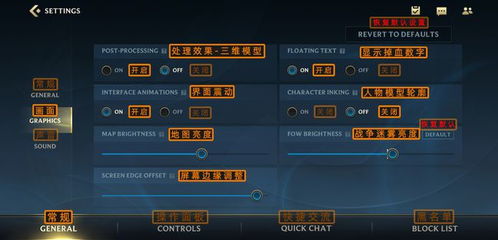
Game translation is a complex and rewarding process that requires a deep understanding of both the source and target cultures. By overcoming the challenges and employing effective strategies, translators can help bridge the gap between different languages and cultures, ultimately contributing to the global success of a game.
